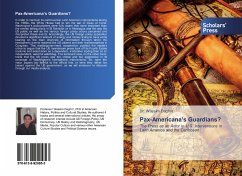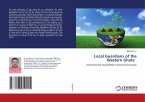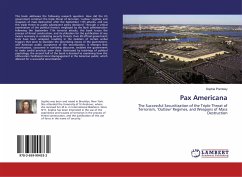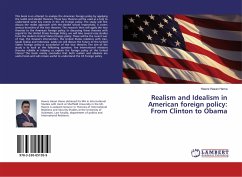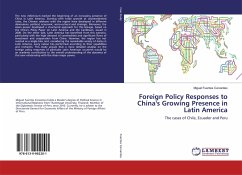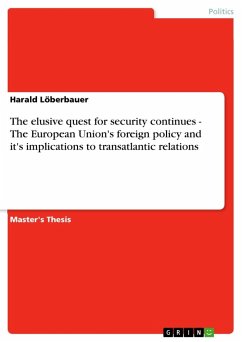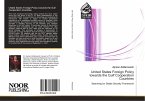In order to maintain its controversial Latin American interventions during the 1980s, the White House had to win the war of ideas at home. Washington's policymakers were fully aware that more important than the events taking place in El Salvador or in Nicaragua was the way the US public as well as the various foreign policy actors perceived and interpreted these events. Accordingly, the US foreign policy apparatus devoted a significant amount of energy and money trying to have some bearing on the main channels of information through which the hemispheric events reached the US citizens and their representatives in Congress. This media/government cooperation pushed the media's critics to argue that the US mainstream press took off its Fourth Estate costume and acted more as a dependent, inattentive lapdog than as an independent, watchful watchdog. The dominant view, on the other hand, holds that the US press was too critical and too aggressive in its coverage of Washington's hemispheric interventions. So, were the major papers too faithful to the official line, or were they rather too biased against the US government, as we will endeavor to discover through our media analysis.
Bitte wählen Sie Ihr Anliegen aus.
Rechnungen
Retourenschein anfordern
Bestellstatus
Storno

